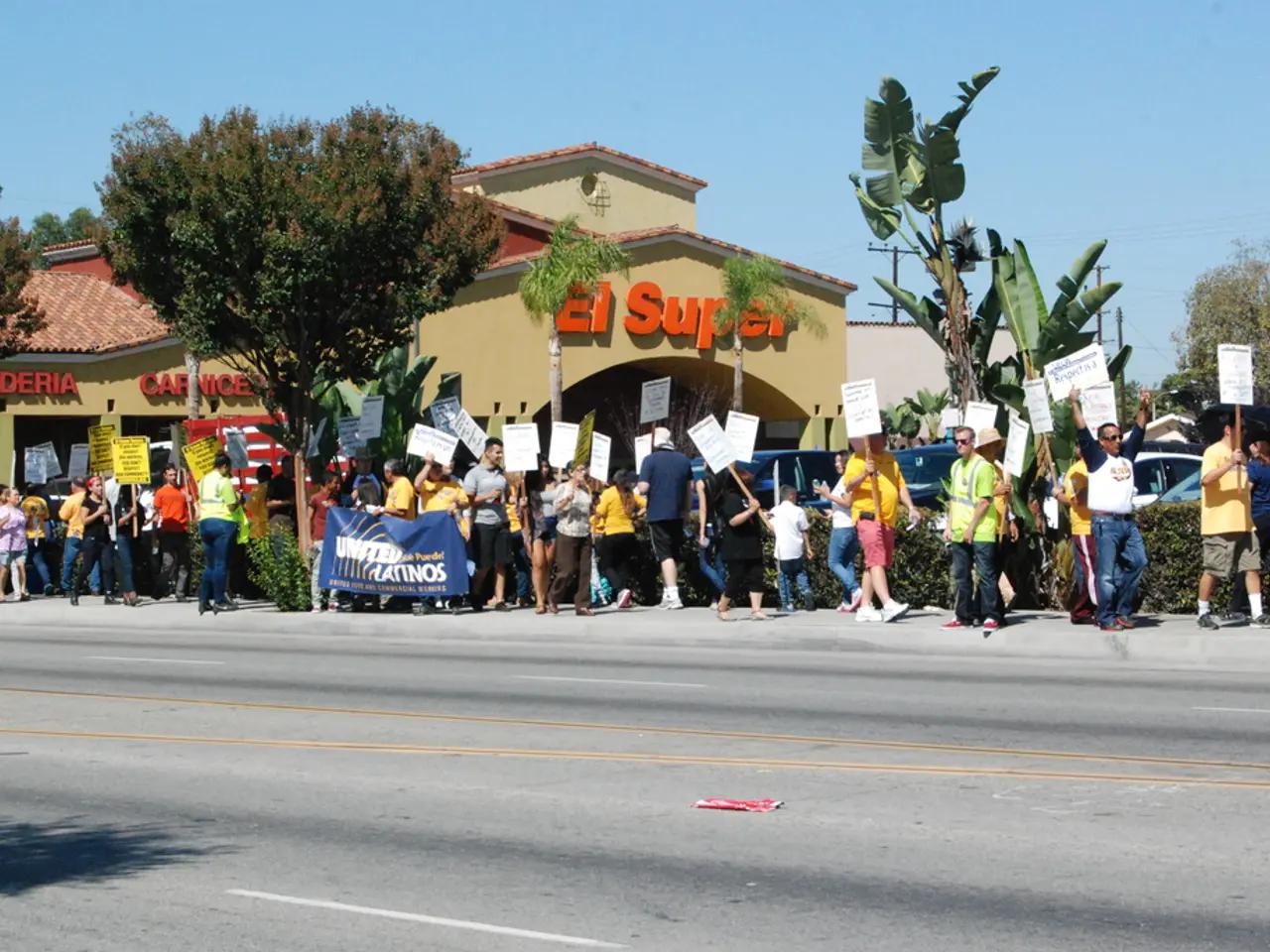Conducting Thorough Research for Political Campaigns at the Booth Level
Booth-level research plays a crucial role in political campaigns, offering valuable insights that can help candidates connect with voters on a personal level and win elections.
Understanding the demographics and critical issues of the voting district is essential for political campaigns. By conducting comprehensive research at the booth level, campaigns can gain a deeper understanding of the needs and concerns of their constituents, enabling them to address local issues directly and build trust through targeted campaign efforts.
Booth-level research involves detailed analysis of voter behavior, demographics, and political trends at the smallest electoral unit. This analysis helps identify key influential people in the area and get them on a candidate's side. It also allows for micro-targeting by identifying specific voter groups and tailoring messages to their needs.
To conduct comprehensive research at the booth level, political campaigns employ various best practices and techniques. These include personalized voter interaction and communication, field team management with digital tools, data collection through surveys and direct voter contact, real-time analytics, and feedback and grievance mechanisms.
Personalized voter interaction and communication involve using data-driven tools to create highly personalized messages targeting voters by their booth number, caste, region, and other demographics. Field team management with digital tools ensures accountability, transparency, and efficient task execution by assigning booth agents, volunteers, and survey teams via a centralized platform that tracks their activities with geo-tagging.
Data collection through surveys and direct voter contact helps gather information on voter preferences, sentiment, and issues. Real-time analytics and centralized command centers provide insights on canvassing progress, swing zones, volunteer performance, and voter sentiment at the booth level, ensuring no booth is overlooked and resources are allocated effectively.
Feedback and grievance mechanisms are essential for building voter trust and addressing concerns promptly during the campaign. Using technology for scale and precision enables mass yet targeted communication and tracks metrics like open rates, enhancing outreach efficacy.
Booth-level research should be updated regularly before and during the campaign to track voter mood changes. To ensure booth-level research is accurate, political leaders can cross-verify multiple data sources and conduct ground-level fact-checks. Planning for contingencies and tracking the progress of the campaign are also important aspects of comprehensive research at the booth level.
Past election data helps identify voting patterns and shifts in voter preferences over time. Using data analytics to understand how people are engaging with content and staying up-to-date on technology trends that can be used in a campaign is important. Researching candidates' voting records, campaign finance data, and attending political events can provide valuable information for political campaigns.
Overall, successful booth-level research requires integrating digital campaign management systems, deploying well-organized, geo-tagged field teams, and combining personalized voter contact with data-driven analysis for continuous optimization. This structured, technology-enabled approach helps campaigns efficiently collect comprehensive data, understand voter needs, and actively engage at the micro-level.
Booth-level research provides precise, localized insights that help target voters more effectively and improve campaign efficiency. It guides where to send campaign workers, budget for advertisements, and organize events. Furthermore, it helps choose candidates who align with voter expectations in a specific area, contributing to the success of political campaigns.
- Political campaigns can leverage educational and self-development resources to enhance their campaign strategy, enabling candidates to better connect and engage with the electorate.
- Social media services offer an effective platform for campaigns to micro-target specific voter groups, personalizing messages and addressing local concerns directly.
- Analytics, whether it's data analytics or general news analysis, plays a crucial role in updating campaign strategy, ensuring that policy and legislative changes, crime and justice issues, and war and conflicts are addressed in a timely and informed manner.
- By understanding the learning patterns and lifelong learning habits of voters, online education resources could potentially help candidates tailor their communication to resonate with various demographic segments.
- Comprehensive research at the booth level requires comprehensive resources, including but not limited to, data analytics, personalized voter interaction, field team management, and real-time analytics.
- In order to gain an edge over their competitors, political campaigns must stay updated on trends in crime and justice, politics, education-and-self-development, and social media, aligning their campaign strategies accordingly.
- Effective booth-level research relies heavily on the accuracy and timeliness of information, making fact-checking and cross-verification essential components of the process.




